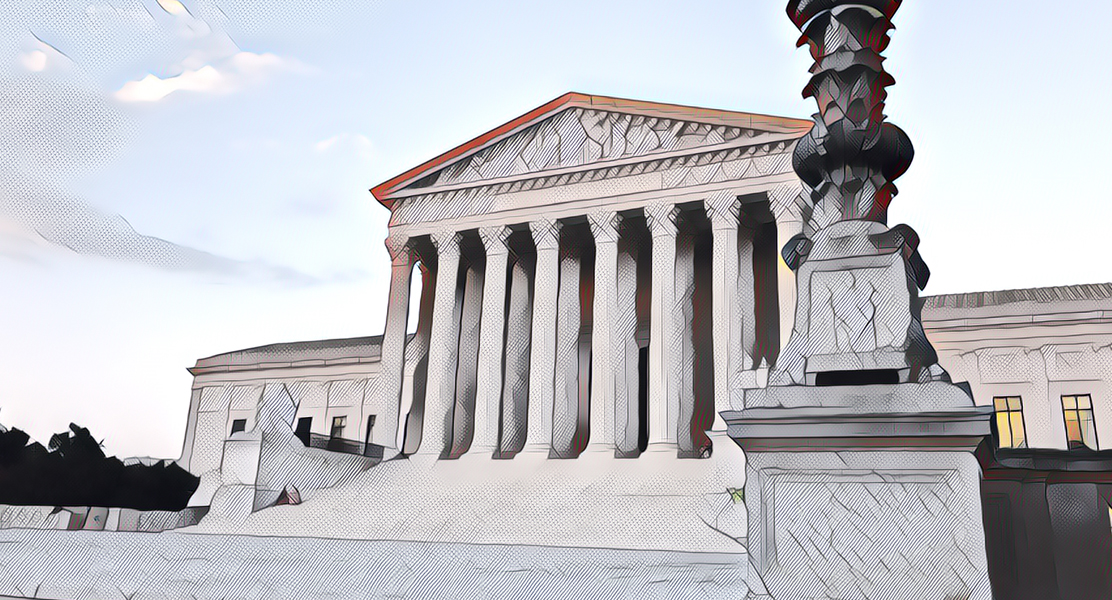BJC brief: Applying nondiscrimination laws to contracting faith-based organizations protects religious liberty

Laws requiring government-contracted foster child care services to treat all applicants equally and without regard to their religion or sexual orientation should be upheld as constitutional, a BJC brief filed with the U.S. Supreme Court contends, because such mandates do not burden religious liberty, and are essential in addressing the plight of children in need of a family. A faith-based organization that objects to certifying qualified applicants because of the applicant’s faith or other protected characteristic, the brief argues, is not entitled to enter a voluntary contract with the government to provide such services.
On November 4, the Court is scheduled to hear oral arguments in this case, Fulton v. Philadelphia. Catholic Social Services (CSS) is challenging the city of Philadelphia’s requirement that agencies contracting with the city to recruit, train and certify foster parents comply with the city’s nondiscrimination laws. Most recently, the 3rd U.S. Circuit Court of Appeals rejected their claim, affirming the trial court’s view that the law does not target religion and that the city has a “compelling interest” in “eradicating discrimination.”
BJC’s brief makes the argument that, far from burdening religion, nondiscrimination laws are essential in protecting the religious liberty of all. Where organizations contract to provide government services, using government funds, they explain, discrimination must not be tolerated. Here is an excerpt from the brief:
If, for example, a city placed a sign on certain public buses saying “No Baptists Allowed,” it would hardly be a defense to say that the city operates other buses on which Baptists are permitted. A prospective foster parent that is rejected for being Baptist, or for being in a same-sex marriage, or another protected characteristic, is likewise a victim of discrimination, whether or not some other agency is willing to consider them. Rejection as a foster parent by an agency carrying out a delegated government function, whether for reasons of sexual orientation or religion, carries with it the sting of public rejection, and at least the implication of state-sanctioned discrimination. These harms are grave and destructive to the human dignity in a pluralistic society.
As the brief notes, the prospect of discrimination on the basis of religion by faith-based providers is not just theoretical speculation; it is already happening. In South Carolina, for example, a foster mentor applicant was rejected by an evangelical foster care agency because of her Catholic faith (her lawsuit claiming a violation of church-state separation was recently allowed to go forward by a federal district court). Instead of landing them in trouble for discriminating on the basis of religion with taxpayer funds, the ministry was subsequently awarded an exemption after the federal government granted the state a waiver from nondiscrimination regulations.
The Court’s decision in Fulton, which should be issued sometime next year, may go a long way toward resolving such disputes in the area of child welfare services, which are growing in number across the country. Through its brief, BJC argues powerfully that both the cause of religious liberty for all and the interests of children are best served when the government, even when acting through contracted surrogate organizations, treats all with equal dignity, regardless of their faith.
You can read the entire brief here. For more on this case – including a statement from BJC General Counsel Holly Hollman, see BJC’s press release here.




